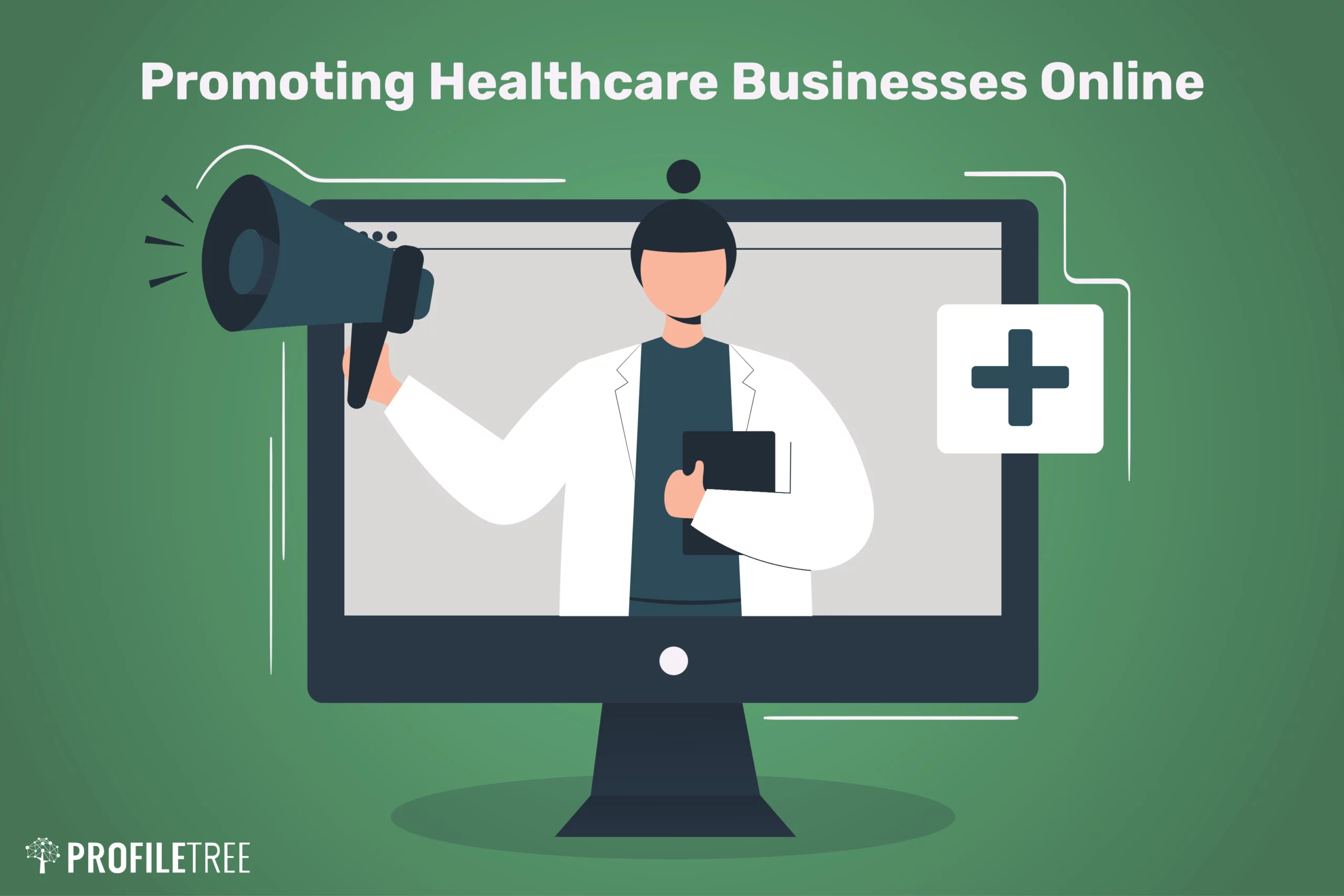Navigating the Future of Medicine With Subscription-Based Medical Care Solutions
As the medical care sector advances, subscription-based services arise as an essential model assuring to reshape patient care delivery. The responses to these questions can basically modify our method to health care.
Increase of Subscription Health Care
As health care systems around the globe face raising stress from rising costs and demand for services, the arrival of subscription-based healthcare designs has actually become a transformative pattern. This cutting-edge method is interrupting standard health care delivery by using a predictable, flat-rate repayment framework for medical solutions. Rooted in the concepts of concierge medication, subscription-based medical care allows service providers to focus on tailored person treatment while at the same time managing functional effectiveness.
The rise of this design can be credited to a number of factors. Technological advancements have allowed more seamless assimilation of care through telehealth and digital health documents, helping with the scalability of membership services. Moreover, the increasing consumer demand for transparency and predictability in healthcare costs has actually driven the shift towards this design. Subscription-based solutions typically use straight accessibility to medical care experts, which can decrease the administrative burdens related to insurance policy cases and reimbursements (subscription based healthcare).
This model is gaining traction among varied healthcare companies, from medical care physicians to specialized facilities, by aligning monetary incentives with precautionary and constant care. By shifting the focus from volume to value-based treatment, registration healthcare has the prospective to improve the landscape, promoting a more patient-centered and lasting technique to health administration.
Advantages for Individuals

In addition, subscription-based services usually stress preventative care, urging normal check-ups and health screenings. This aggressive approach can result in very early detection of health problems, potentially boosting end results and reducing long-lasting healthcare prices for people. In addition, such designs typically supply clear rates, enabling individuals to better comprehend their medical care costs and prevent unexpected clinical costs.
The customized nature of subscription-based medical care also improves individual experience. Patients can get customized medical care plans that suit their certain demands, fostering a more patient-centric method.
Modern technology's Duty in Transformation

Expert system (AI) plays an essential duty in anticipating analytics, assisting in very early diagnosis and customized therapy strategies. AI algorithms assess substantial datasets to identify patterns that could be overlooked by human monitoring, thus improving professional decision-making. Additionally, electronic health documents (EHRs) improve individual info monitoring, ensuring continuity and comprehensibility of care across various services and Visit This Link service providers.
Blockchain technology enhances information security and personal privacy, crucial for maintaining patient count on in digital systems. It makes it possible for transparent and safe purchases of clinical information, making certain that sensitive details remains protected. With the combination of maker learning and AI, blockchain can automate intricate medical care processes, decreasing management worries.
Factors To Consider and difficulties
While modern technology pushes the abilities of subscription-based health care solutions, it additionally introduces a set of obstacles and factors to consider that need to be resolved to guarantee effective application. One considerable difficulty is the equitable access of these services.
Information privacy and safety represent another vital consideration. Subscription-based services usually require the collection and storage of substantial quantities of individual health and wellness information. Providers should follow strict information security laws to maintain patient trust fund and protect against unauthorized access, which might lead to significant honest and legal effects.
As health care requires evolve, keeping a cost-efficient equilibrium in between subscription charges and solution top quality is essential to protect against patient dissatisfaction and attrition. Resolving these difficulties is essential as subscription-based medical care solutions continue to expand and advance.
Future Effects for Medication
Subscription-based directory health care solutions are poised to substantially influence the future landscape of medicine by improving how care is accessed and supplied. These designs provide the potential to democratize health care accessibility, providing patients with more personalized and timely treatments. By leveraging modern technology, such as telemedicine and information analytics, registration services can assist in constant monitoring and customized wellness management, thus enhancing outcomes and lowering the burden on traditional medical care systems.
As these solutions gain traction, they might stimulate a shift in the direction of preventative care, stressing the relevance of early discovery and monitoring of chronic problems. This positive technique might inevitably decrease healthcare costs by alleviating the requirement for expensive therapies developing from late-stage disease management. Moreover, subscription models supply a scalable option to resolve differences in healthcare access, particularly in underserved or rural populaces.
However, the shift towards subscription-based versions necessitates dealing with honest and regulative factors to consider, including data privacy and equitable gain access to. As the industry develops, collaborative initiatives between policymakers, modern technology programmers, and health care carriers will be best site essential to developing robust frameworks that guard person interests while promoting technology. Eventually, these solutions assure to contribute dramatically to a more reliable, patient-centered healthcare ecological community.

Verdict
Subscription-based healthcare services stand for a considerable evolution in the clinical field, offering predictable expenses and individualized treatment that improve access and focus on precautionary measures. As the medical care landscape progresses, subscription models are positioned to play a vital function in forming the future of medicine.
As the healthcare industry evolves, subscription-based services emerge as a crucial model guaranteeing to improve client treatment shipment.As healthcare systems around the world face raising pressures from increasing costs and need for services, the introduction of subscription-based health care models has actually arised as a transformative fad (subscription based healthcare).With the increase of subscription-based health care designs reshaping typical healthcare delivery, people are beginning to experience substantial benefits from this innovative strategy. As healthcare needs develop, keeping an economical balance between registration costs and service high quality is essential to avoid individual discontentment and attrition.Subscription-based healthcare services are positioned to dramatically influence the future landscape of medication by improving exactly how treatment is accessed and delivered